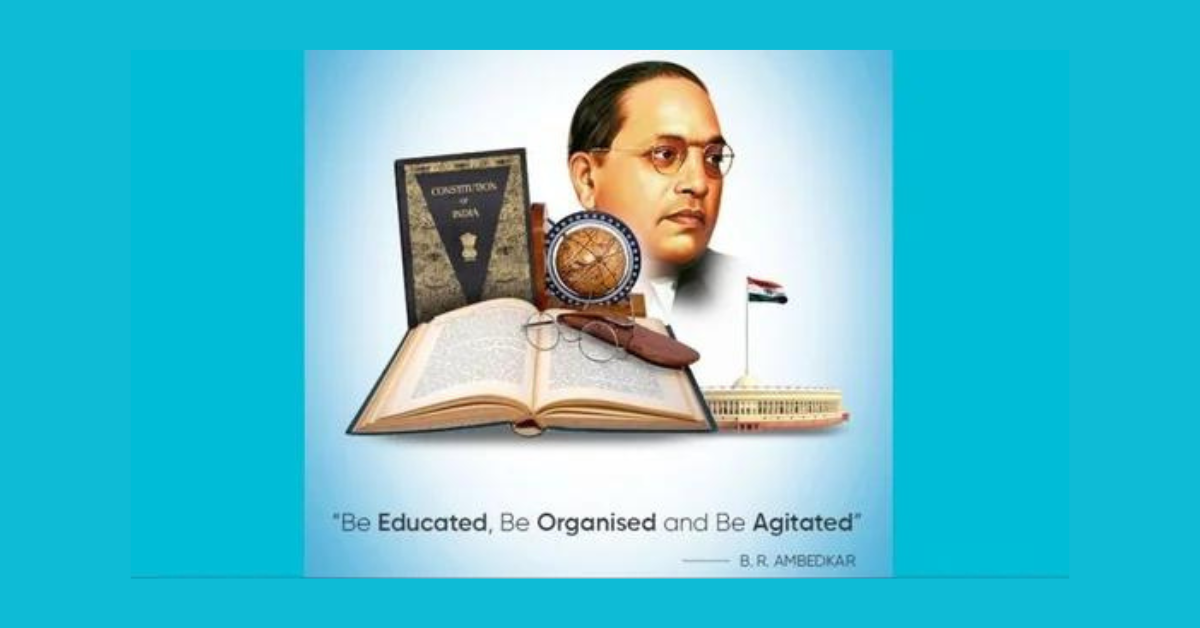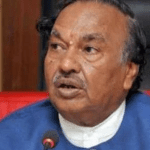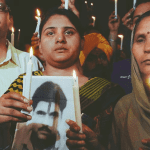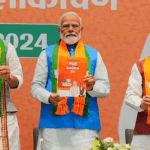Dr. Bhimrao Ramji Ambedkar, fondly known as Babasaheb, is a towering figure in the history of modern India. His life and legacy have left an indelible mark on the nation, particularly in the realms of social justice, equality, and the empowerment of marginalized communities. Ambedkar Jayanti, observed on April 14 every year, commemorates his birth anniversary and honors his remarkable contributions to Indian society.
A Life Dedicated to Justice and Equality
Born on April 14, 1891, in Mhow, Madhya Pradesh, Dr. Ambedkar’s early experiences were shaped by the rigid caste system prevalent in India. As a member of the Mahar caste, which was considered untouchable, he faced numerous challenges and discrimination throughout his life. These experiences fueled his determination to fight for the rights and dignity of the oppressed.
Dr. Ambedkar’s academic journey was marked by excellence, earning degrees from prestigious institutions such as Columbia University and the London School of Economics. His academic achievements paved the way for his career as an Indian jurist, economist, social reformer, and politician. However, it was his role as the principal architect of the Indian Constitution that truly solidified his place in history.
Architect of the Indian Constitution
Ambedkar’s most significant contribution to India is the drafting of the Indian Constitution. Appointed as the chairman of the Constitution Drafting Committee on August 29, 1947, he meticulously crafted a document that enshrined the principles of justice, equality, and liberty. His vision laid the foundation for a democratic and secular India where every citizen, regardless of caste, creed, or gender, is entitled to equal rights.
Champion of Dalit Rights and Social Reform
Dr. Ambedkar’s life was dedicated to eradicating the social scourge of untouchability and empowering the Dalit community. His relentless advocacy for the rights of Dalits, also known as the Scheduled Castes, led to significant legislative changes, including the prohibition of discrimination based on caste and the promotion of affirmative action policies.
In addition to his legal and political work, Ambedkar published numerous journals and books to spread awareness about the plight of the marginalized. His influential writings include “Annihilation of Caste” and his autobiographical work “Waiting for a Visa,” which provide insight into his thoughts and experiences.
Conversion to Buddhism
On October 14, 1956, Dr. Ambedkar made a historic decision by converting to Buddhism, a religion that aligned with his principles of liberty, equality, and fraternity. Along with 500,000 followers, he embraced Buddhism in Nagpur, marking a significant moment in the fight against caste-based discrimination.
Inspiring Quotes by Dr. Ambedkar
Dr. Ambedkar’s quotes are a source of wisdom and motivation for those striving for social justice and equality. His words continue to resonate with people across the world:
- “Cultivation of mind should be the ultimate aim of human existence.” Ambedkar emphasized the importance of intellectual development and the pursuit of knowledge.
- “I measure the progress of a community by the degree of progress which women have achieved.” He highlighted the role of women’s empowerment as a crucial indicator of societal progress.
- “Life should be great rather than long.” This quote underscores the importance of living a meaningful and impactful life.
- “Men are mortal. So are ideas. An idea needs propagation as much as a plant needs watering. Otherwise, both will wither and die.” Ambedkar believed in the power of ideas and the necessity of spreading them.
- “I like the religion that teaches liberty, equality, and fraternity.” His conversion to Buddhism reflected his belief in these principles.
- “Political democracy cannot last unless there lies at the base of it social democracy.” This quote highlights the interdependence between political and social democracy.
- “Law and order are the medicine of the body politic and when the body politic gets sick, medicine must be administered.” Ambedkar understood the importance of maintaining a healthy society.
- “Democracy is not merely a form of government. It is primarily a mode of associated living, of conjoint communicated experience.” He believed that democracy goes beyond political structures.
- “Lost rights are never regained by appeals to the conscience of the usurpers, but by relentless struggle.” Ambedkar emphasized the necessity of persistent effort to reclaim lost rights.
- “Unlike a drop of water which loses its identity when it joins the ocean, man does not lose his being in the society in which he lives. Man’s life is independent. He is born not for the development of the society alone, but for the development of his self.” This quote emphasizes the importance of individual identity and self-development.
Ambedkar’s Enduring Legacy
Dr. Ambedkar’s vision and dedication to social justice, equality, and human rights continue to inspire generations. His influence extends beyond the boundaries of India, resonating with people worldwide who strive to create a just and equitable society. Ambedkar Jayanti serves as a reminder of his monumental contributions and the ongoing struggle for justice and equality.
On his 133rd birth anniversary, let us reflect on Babasaheb’s teachings and strive to carry forward his mission of creating a society where all individuals can thrive and live with dignity. By honoring his legacy, we honor the values of democracy, equality, and human rights that he championed throughout his life.















